QuestionHello Doctor,
My wife and I have two Boston Terriers and the 3 year old leaks poop up to about an hour or so after pooping. Both dogs eat IAMS dry dog food and the leaky one doesn't show any signs of being sick. She eats, drinks,plays, etc. Sometimes she leaks solid poop that stays right at her anus until it rubs off on something, like us. Sometimes it is runny. We routinely drain both dogs anal glands, so we know the anal glands are not the issue. She has been checked by a vet about 2 months ago about an ear infection which cleared up after antibiotics. Any clue as to what might be happening here ???
AnswerYour dog could have a anal gland issue. Dogs have two anal glands; they are located inside the lower perimeter of the rectum. One gland is on the left side, and the other on the right side. These small glands fill with waste from the body, the waste which forms inside the glands is usually made up of a thin, to thick brown fluid or paste. When the anal glands are full or become compressed during a bowel movement, the waste inside the glad releases. It normally has a very strong, fishy odor. After the waste is released, the glands continue collecting waste and the cycle starts over. This process is totally normal in dogs, most of the time it goes unnoticed because it happens during bowel movements. Dogs also release anal glad waste when something REALLY scares, or excites them. Their body tenses up, which puts pressure on the anal glands and then the fluid is released. Sometimes anal glands develop issues, one or both of the glands can become clogged, and this is called an anal gland infection. Symptoms of a anal gland infection/issue include, scooting their bum across the ground excessively; (if they only scoot a couple times once a month to help their anal glands release waste, it's OK), continuously trying to lick rectum, whimpering or straining due to pain during bowel movements, or frequently having a fishy odor. If your dog is displaying any of these symptoms, please take them to a vet as soon as possible. Anal glad infections can be easily treated with antibiotics if the infection is taken care of early. If the issue is left untreated, the gland may need to be lanced open in order to remove infection from the glad, ouch! If left without treatment even longer, expensive surgery for the complete removal of one or both glands may be necessary.

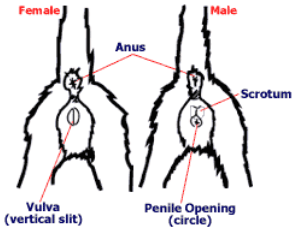 kitten not using litter box, but sleeps in it
QuestionHi. We just got a new kitten. It is 9 weeks old
kitten not using litter box, but sleeps in it
QuestionHi. We just got a new kitten. It is 9 weeks old
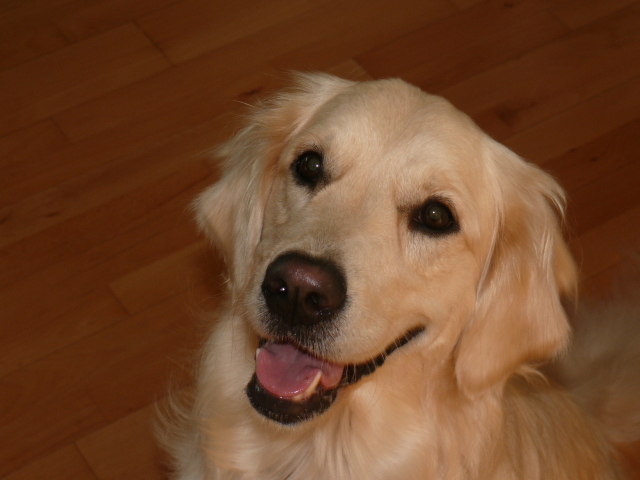 Elbow Dysplasia/Rimadyl
Question
Kula
My 2.5 y.o. Golden Retriever has had two
Elbow Dysplasia/Rimadyl
Question
Kula
My 2.5 y.o. Golden Retriever has had two
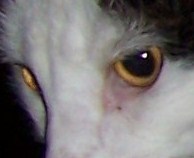 Cat with yellow eyes
Question
eyes
A friendly white female cat has recently
Cat with yellow eyes
Question
eyes
A friendly white female cat has recently
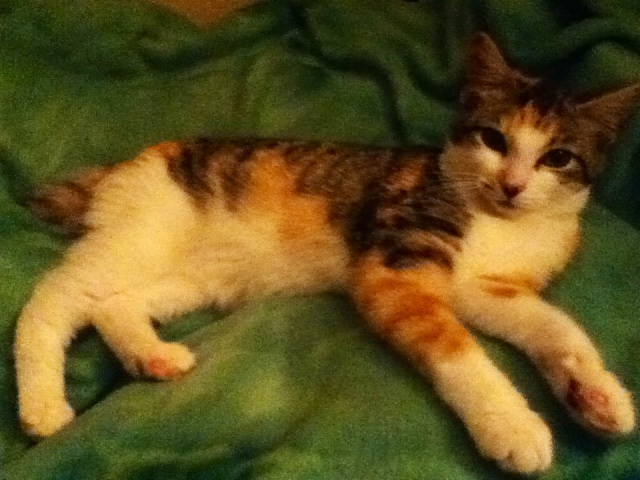 Tailed Manx Kitten docking tail?
QuestionQUESTION: Hello,
I got tailed manx kitt
Tailed Manx Kitten docking tail?
QuestionQUESTION: Hello,
I got tailed manx kitt
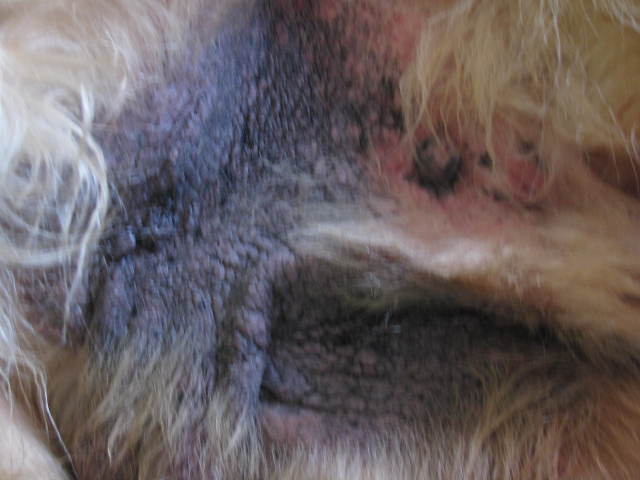 male golden retriever rash on underbelly
Question
Rowdys belly
My granparents are big dog lovers
male golden retriever rash on underbelly
Question
Rowdys belly
My granparents are big dog lovers